Confession reshapes the record. When people in power or cultural icons admit hard truths, the public recalibrates what it thinks it knows. Some acknowledgments expose hypocrisy. Others unlock empathy, spark reform, or clear the wrongly accused. These moments span faith, politics, sport, journalism, and corporate life. Each carried consequences beyond headlines. An admission does not erase harm, but it can reframe it, redirect attention to those affected, and nudge societies toward better guardrails.
St. Augustine’s Confessions Rewrote Inner Life
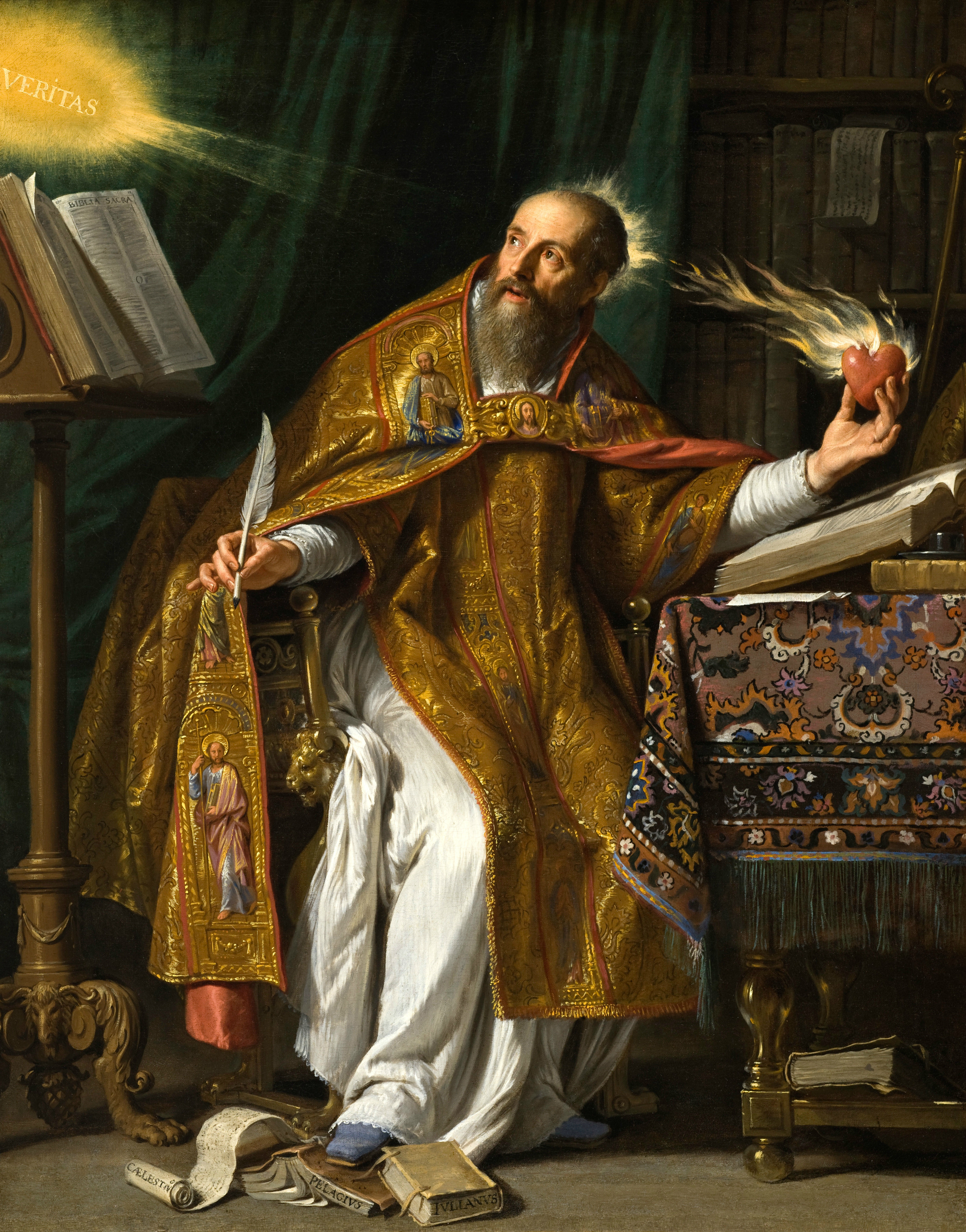
In the late fourth century, Augustine laid his failures bare in Confessions and fused autobiography with theology. He admitted vanity and restless ambition, recasting sin as an inner conflict and conversion as a lifelong turning. Readers met a candid mind wrestling with desire and grace, not a marble saint. The work moved Christian thought from public ritual to private conscience and legitimized personal narrative as a path to truth that would echo across centuries.
The Profumo Admission Toppled A Government Image
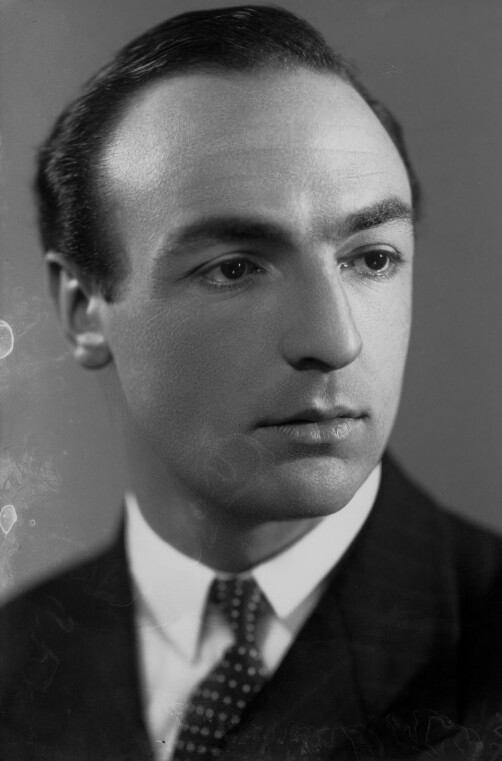
In 1963, British War Secretary John Profumo returned to Parliament and admitted he had misled it about his affair with Christine Keeler. The confession detonated more than a scandal. It cracked the aura of patrician infallibility in postwar Britain and forced a reckoning with class privilege, secrecy, and press power. Resignation followed and trust faltered. Profumo later embraced charity work, but accountability expectations for ministers changed in lasting ways.
A Papal Mea Culpa Confronted Church History
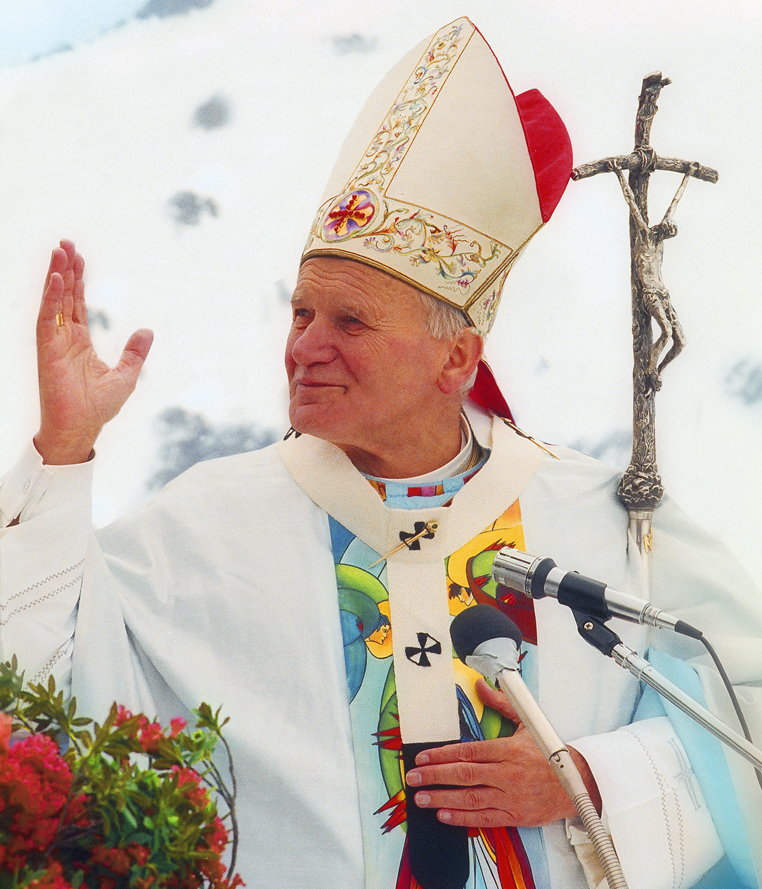
On a March Sunday in 2000, Pope John Paul II led a Day of Pardon and asked forgiveness for harms committed by members of the Church against Jews, women, Indigenous peoples, and dissenters. This was not a legal brief, but it carried moral weight. By naming wounds in public, the papacy modeled institutional contrition. Critics wanted detail and remedies. Supporters saw an opening that broadened Catholic discourse on memory, repentance, and repair.
James Comey’s Memo Revealed Presidential Pressure
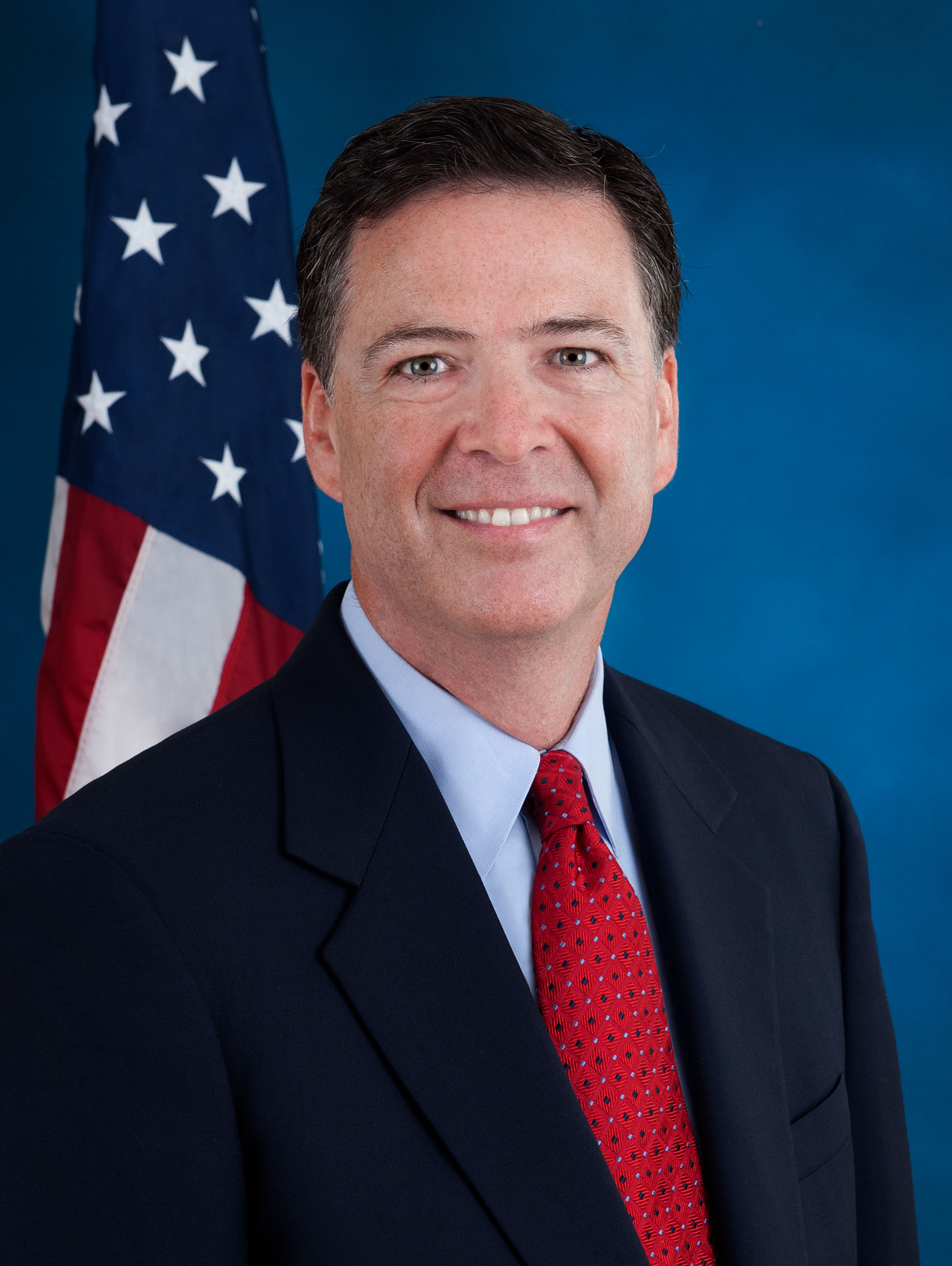
In 2017, former FBI Director James Comey admitted he had documented private meetings with President Donald Trump, detailing requests to drop an investigation into Michael Flynn. When those memos surfaced, they reframed the conversation from politics to obstruction of justice. His testimony before Congress stripped the story of speculation and turned it into a matter of record. The confession of those notes forced Washington to confront how power bends rules when no one inside is willing to speak.
John Dean’s Watergate Testimony Cracked The Cover Up
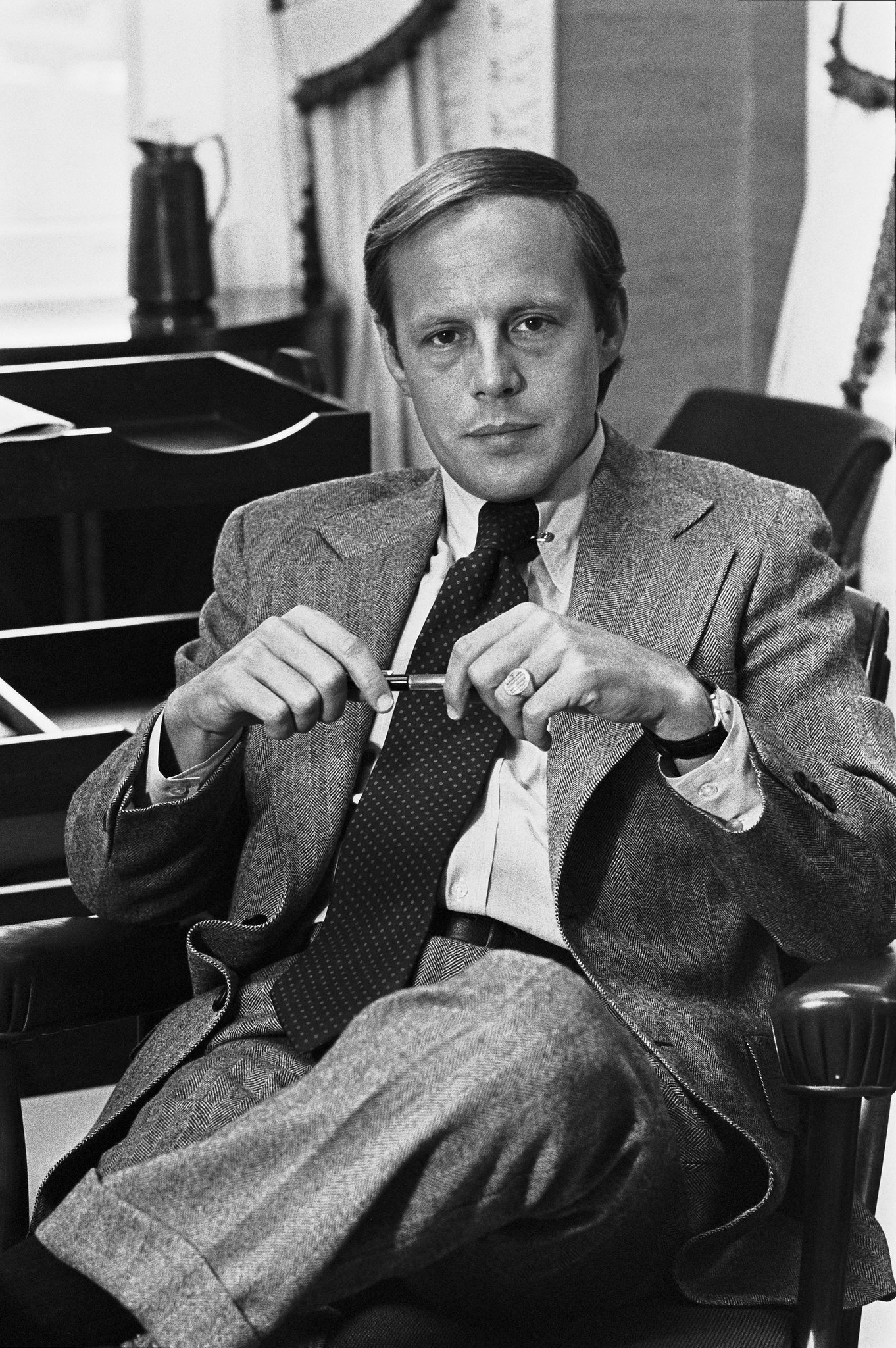
In 1973, White House counsel John Dean told the Senate that the Watergate cover up reached into the Oval Office. He outlined hush money, obstruction plans, and a code of loyalty that prized survival over law. His account turned a slow drip into a flood, shifted public trust away from the presidency, and set up the fight for the tapes. What followed was the Saturday Night Massacre and the collapse of the Nixon narrative, proof that one insider’s candor can move a nation.
Lance Armstrong’s Doping Admission Punctured A Myth

In 2013, Lance Armstrong admitted to years of doping while winning the Tour de France. The confession collapsed a heroic narrative built on comeback and grit. Fans recalibrated from adoration to disillusion as sponsors fled and titles were erased. Governing bodies tightened testing and protected whistleblowers more seriously. His philanthropic work faced new scrutiny. The moment reset expectations in elite sport and made integrity measures part of the public’s baseline demands.
Mark McGwire Said The Quiet Part Out Loud
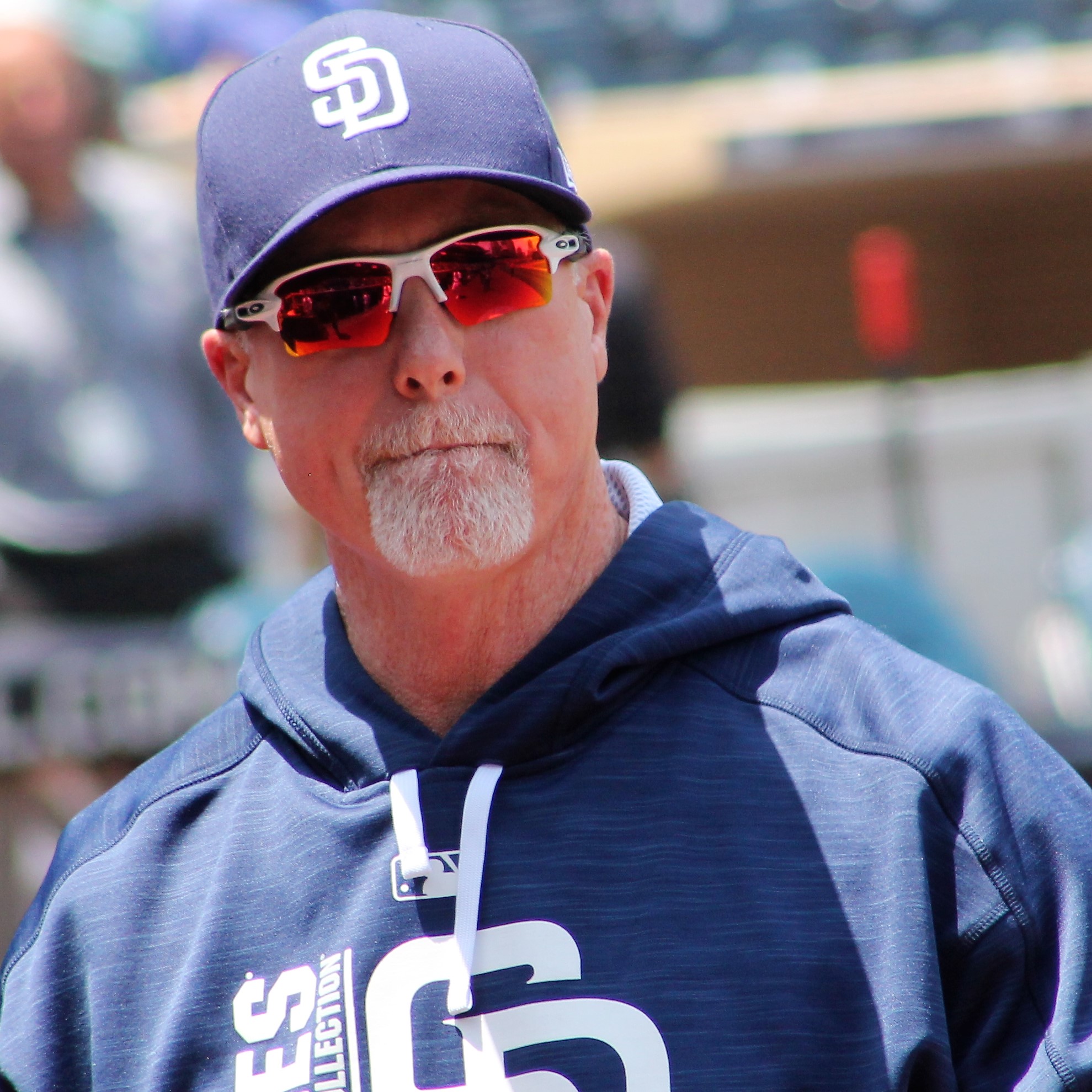
In 2010, home run icon Mark McGwire acknowledged steroid use during the record chasing years that revived baseball’s popularity. The admission validated long held suspicions about the steroid era and reframed a summer once sold as pure magic. McGwire expressed regret and sought a path back through coaching. Public forgiveness landed unevenly. His confession helped mainstream a tougher stance on performance enhancing drugs that linked fairness, health, and legacy.
Bill Clinton’s Televised Acknowledgment Reset A Presidency
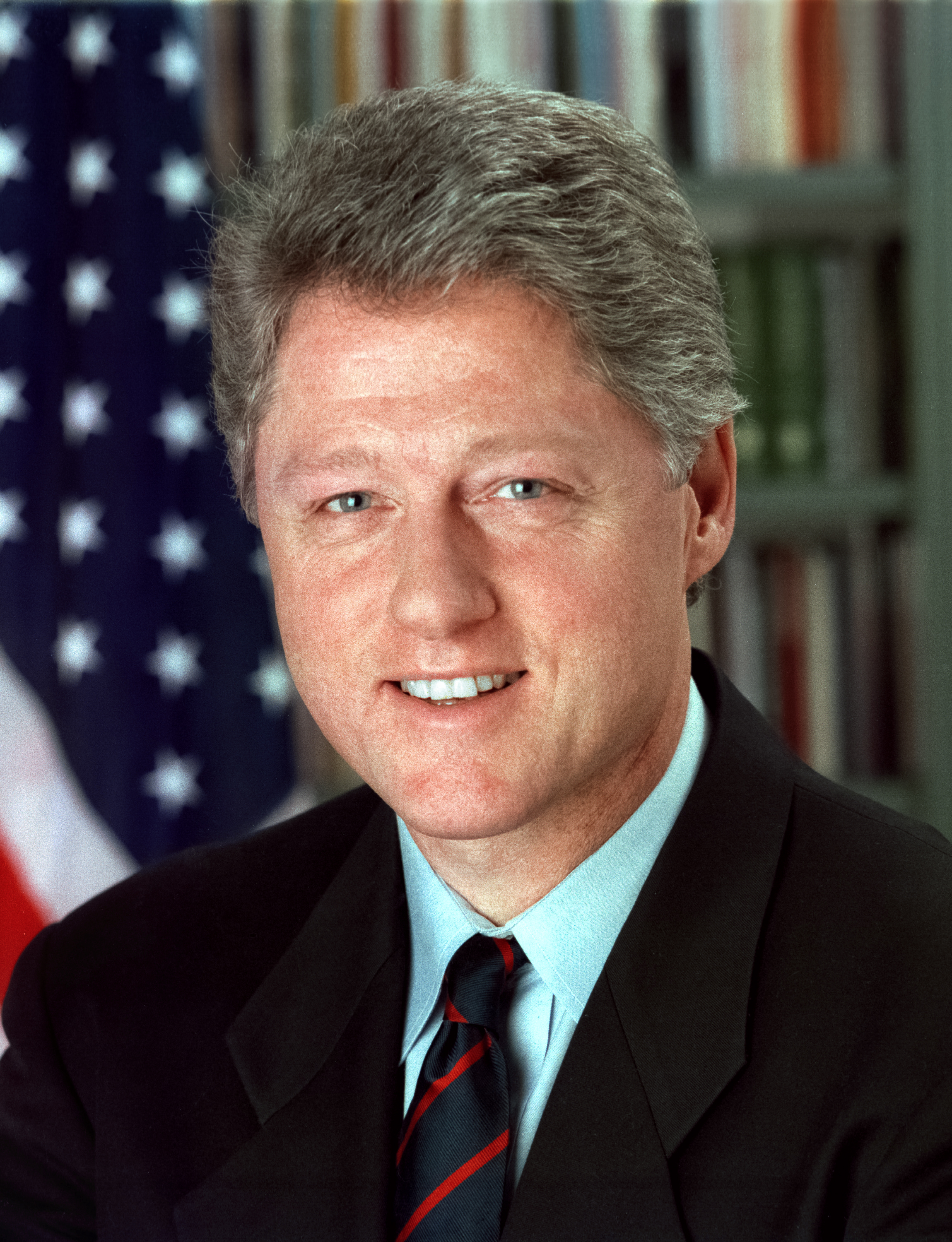
In August 1998, President Bill Clinton admitted to a relationship with Monica Lewinsky after months of denial. The statement shifted public judgment from policy to character and set the stage for impeachment. Approval ratings held, but trust took a lasting hit. The confession also accelerated a cultural reckoning with power dynamics, public shaming, and the line between private misconduct and public office. Politics learned that language games cannot outrun evidence.
Volkswagen’s Dieselgate Admission Recast A Brand
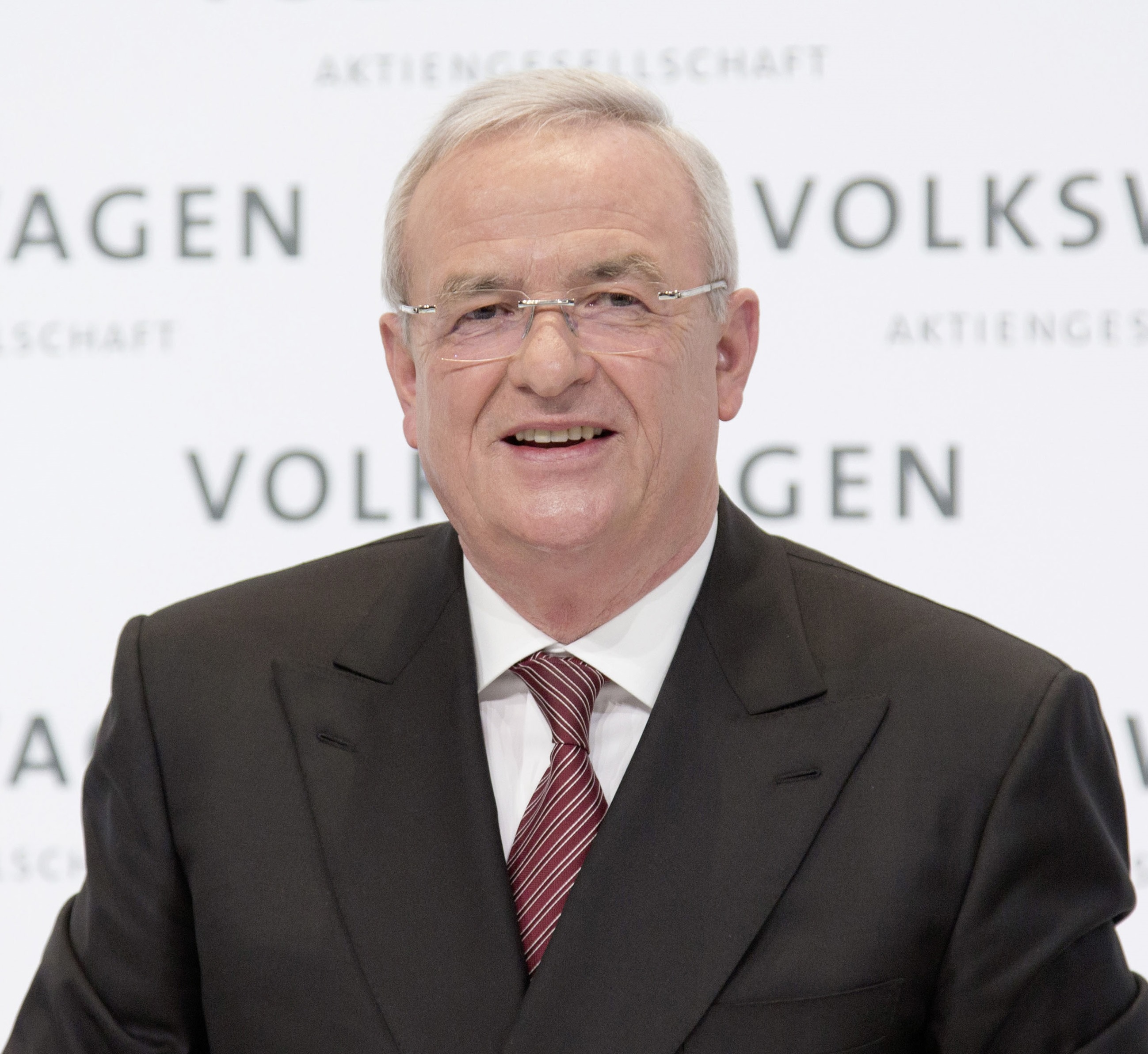
In September 2015, Volkswagen acknowledged software that cheated emissions tests on millions of diesel cars. The corporate confession shattered a reputation for engineering rectitude. Recalls, fines, and resignations followed, along with broader scrutiny of environmental claims across the auto industry. Public perception moved from admiration to skepticism and hastened demand for transparent testing and cleaner tech. The episode became a case study in how green marketing without integrity corrodes trust.
TRC Testimonies Bared Apartheid’s Machinery
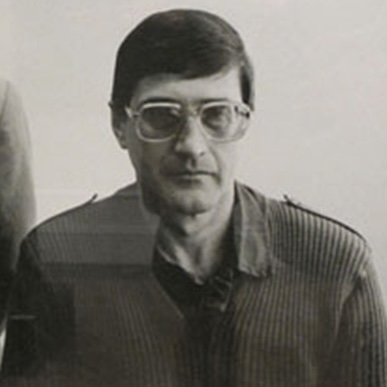
In the late 1990s, South Africa’s Truth and Reconciliation Commission heard perpetrators, including former police colonel Eugene de Kock, confess to torture and assassination. These admissions did not restore what was lost, but they mapped the system and recorded victims’ stories in public view. The process complicated perception, mixing grief and anger with a pragmatic pursuit of truth over retribution. Confession made denial harder and helped a wounded nation document its past.


